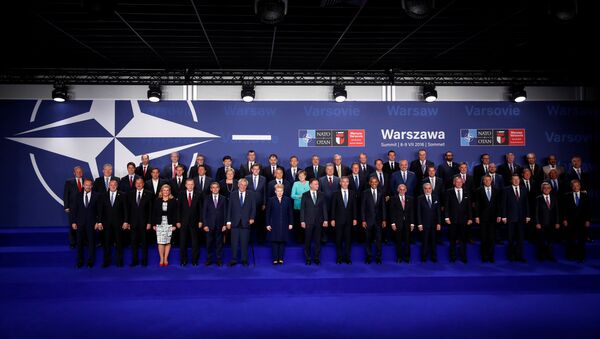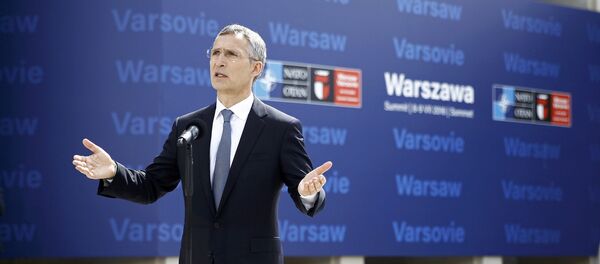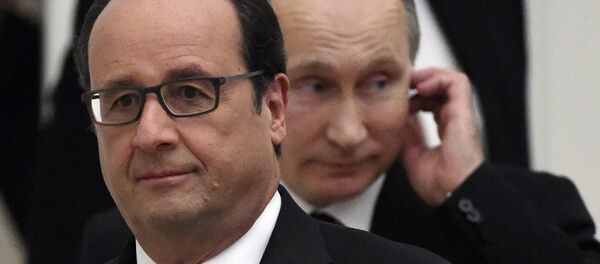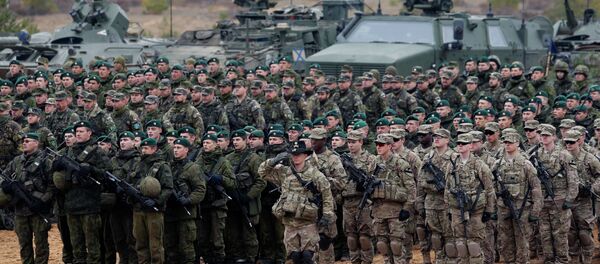The summit is considered by many participants a historic event, in particular because the alliance has officially decided to bolster its military presence in Eastern Europe.
Thus, the meeting may become a significant turning point in the alliance’s relations with Russia.
"It’s obvious that the Warsaw summit is mainly of anti-Russian nature. Russia is the first topic on the agenda. NATO insists it has the right to expand its sphere of influence. At the same time, the alliance denies to Russia the right to protect its interests," military expert Alexander Zimovsky told the Russian TV channel Zvezda.
According to NATO documents, this area includes the territories of Western Europe, the US and Canada with access to the Atlantic Ocean. These are the US, Britain, Canada, Ireland, Iceland, Spain, Norway, France, and Portugal.
At the same time, the NATO Secretary General said that the goal of the European missile shield is to protect the NATO members in Europe from beyond the Euro-Atlantic region.
"This is a signal that NATO is planning to resume the arms race in Eastern Europe, close to the Russian border," the analyst said.
The ongoing summit is about the deployment of troops to the Eastern European countries that were parties to the Warsaw Pact before 1991. The organization was established to counter NATO in Europe.
"After Soviet troops left those countries Washington has tried to expand its influence on them. The US is trying to take the old trenches and point weapons at Russia," Zimovsky added.
It is possible that as a result of the summit NATO will work out a plan to further expand its military force near Russian borders. Another possible move is a declaration by Sweden and Finland on their willingness to join the alliance.
After Brexit, the US will pressure small NATO member countries to more actively promote Washington’s policy in Europe.
"There should be no illusions. We’re witnessing a summit of war. Pressured by the US, Poland, and the Baltics, NATO turned to the principles that escalation with Russia is better than stabilization," the analyst concluded.





